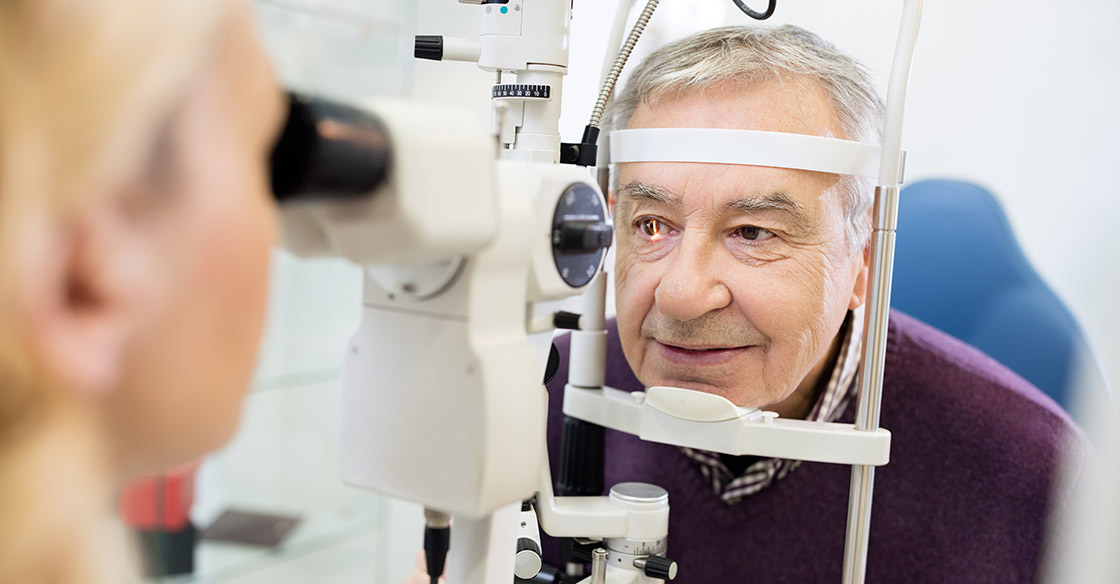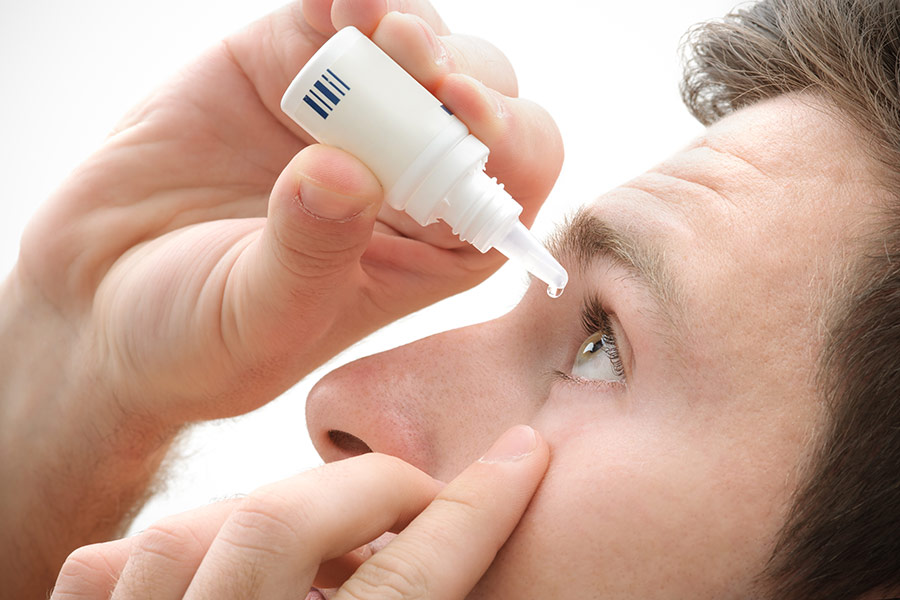6 Symptoms of Aging Eyes and How to Prevent Them

As you become older, your body will naturally age, and your eyes are just part of the process. Almost everyone will experience eye changes at some point in their life. Some changes are hereditary; other changes are due to environmental factors such as smoking or living in a dry climate. Having a regular eye exam is the best way to detect problems early and prevent complications that could threaten your sight. If you begin to notice any unusual eye symptoms, see your eye doctor as soon as possible. Here are some of the common conditions aging eyes can develop.
1. Floaters
Floaters are specks or spots that appear in your field of vision. They are most noticeable outdoors on a sunny day or in other well-lit conditions. Floaters are normal and harmless, but they can also be a sign of a more serious underlying problem. This is most likely the case if floaters appear suddenly and dramatically. A sudden increase in the number of floaters you see is concerning, especially if they interfere with your daily routine. In any case, schedule an appointment with your optometrist.
2. Presbyopia
Presbyopia is a fairly common condition in which your ability to see small print or close objects begins to weaken. This type of vision impairment happens slowly throughout your life, and most people don’t notice any changes until around the age of 40. The condition is easy to correct with reading glasses and contact lenses.
3. Cataracts
Cataracts are cloudy spots that may cover part or the entire lens of the eye. Healthy eyes have lenses that are clear and allow light to pass through easily. When cataracts are present, they can block the lens and obscure your vision. Cataracts may form gradually without causing any pain or other symptoms; some remain small enough that they never interfere with sight. If cataracts do cause problems, they are simple to treat with surgery.
4. Tearing or Dry Eyes
Your eye ducts may begin producing too many tears, especially if you are sensitive to light, temperature changes, or wind. Wearing sunglasses may offer protection, however its always a good idea to see your eye doctor to rule out an underlying condition such as a blocked tear duct or an eye infection.
On the other end of the spectrum, you may notice that your eyes become much drier than usual. Dry eyes occur when your tear glands produce too few or low-quality tears. You may experience itching, burning, or red eyes. Using a humidifier at home as well as specific eye drops can help relieve symptoms and prevent rare complications such as vision loss.
5. Glaucoma
Glaucoma is an aging eyes condition in which too much pressure inside the eye affects the optic nerve. If it blocks the normal flow of fluid between the lens and the cornea, the weight and fluid can accumulate, leading to permanent loss of vision if left untreated. Early glaucoma may not cause any symptoms, so regular eye exams are essential to catch this problem. There is a range of treatment options available including oral medications, eye drops, and surgery.
6. Corneal Disease
The cornea is the clear, dome-shaped area at the front of the eye that helps the eye focus light. Corneal disease or injury or exposure to harmful environmental agents can cause symptoms such as pain, watery eyes, redness, or reduced vision. You may need something as simple as new glasses, or you may require medicated eye drops or surgery to correct the problem.
Care for Aging Eyes at Eyelux Optometry
These are a few of the problems that can affect your aging eyes. If you notice anything unusual with your vision or your eyes, make an appointment at Eyelux Optometry at once. Early intervention is vital to prevent a wide range of complications and vision problems. Even if you aren’t experiencing any changes, a regular eye exam can help detect potential problems before they get worse. Contact the eye specialists at Eyelux Optometry today or fill out our convenient appointment request form.

